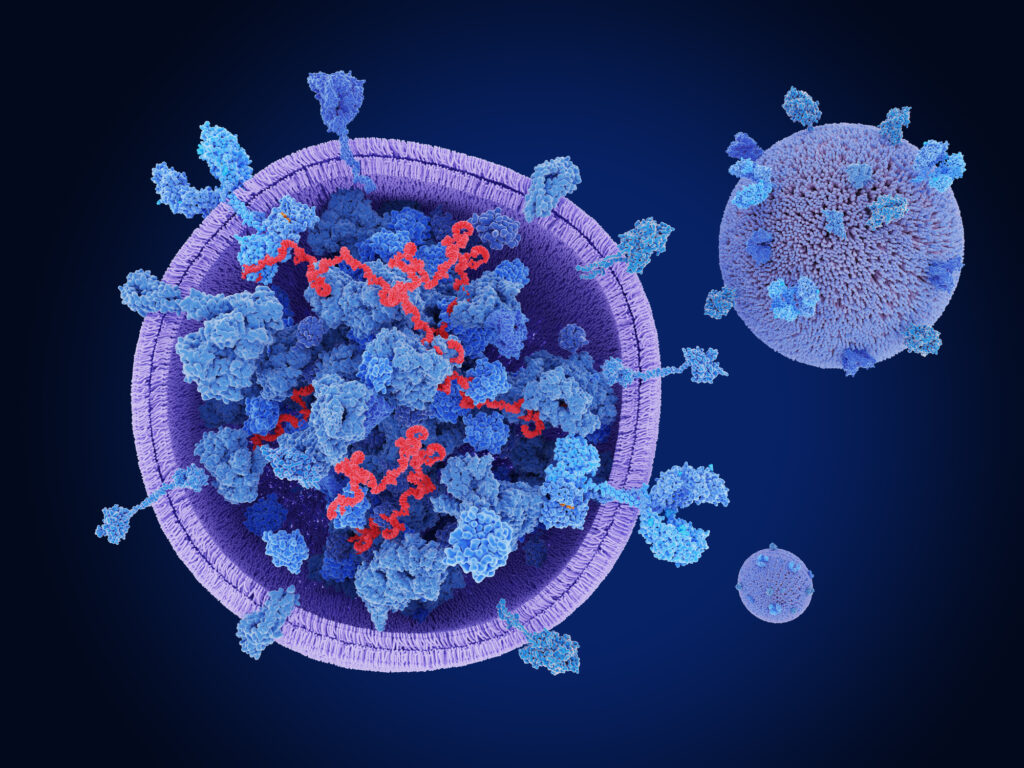Exosomes produced by mesenchymal stem cells (MSCs) have emerged as a groundbreaking area of research in orthopaedics, particularly for their vascular generative properties. The ability of these exosomes to promote vascularization makes them promising candidates for treating bone defects, positioning them as viable alternatives to traditional cell therapy methods. The focus of recent studies has been on enhancing the pro-regenerative functions and efficacy of exosomes, which is critical for their application in clinical settings.
The innovative potential of MSC-derived exosomes lies in their capacity to facilitate various biological processes, including cell proliferation, migration, and differentiation. This is particularly relevant for bone regeneration, where adequate vascularization is essential to ensure the success of healing processes. By acting as carriers of bioactive molecules, these exosomes may help to create a favorable microenvironment for tissue regeneration, thereby addressing one of the significant challenges in orthopaedic care.
The research conducted by Qingde Wa, Yongxiang Luo, Yubo Tang, Jiaxiang Song, Penghui Zhang, Xitao Linghu, Sien Lin, Gang Li, Yixiao Wang, Zhenyu Wen, Shuai Huang, and Weikang Xu has been pivotal in exploring these properties of MSC-derived exosomes. Their work underscores the importance of understanding the mechanisms underlying exosome-mediated regeneration and the potential for these biological entities to be harnessed for therapeutic purposes.
As the field continues to evolve, the quest to optimize exosome production and enhance their regenerative capabilities remains a key area of focus. Researchers are exploring various strategies, including genetic modifications and the use of biomaterials, to improve the yield and functionality of MSC-derived exosomes.
In conclusion, MSC-derived exosomes represent a significant advancement in the treatment of bone defects, offering a new paradigm in regenerative medicine. As scientists work towards refining these therapeutic agents, the future holds promise for more effective and less invasive treatment options for patients suffering from various orthopedic conditions. The ongoing research in this domain not only aims to enhance the healing process but also to revolutionize the way we approach bone regeneration.


